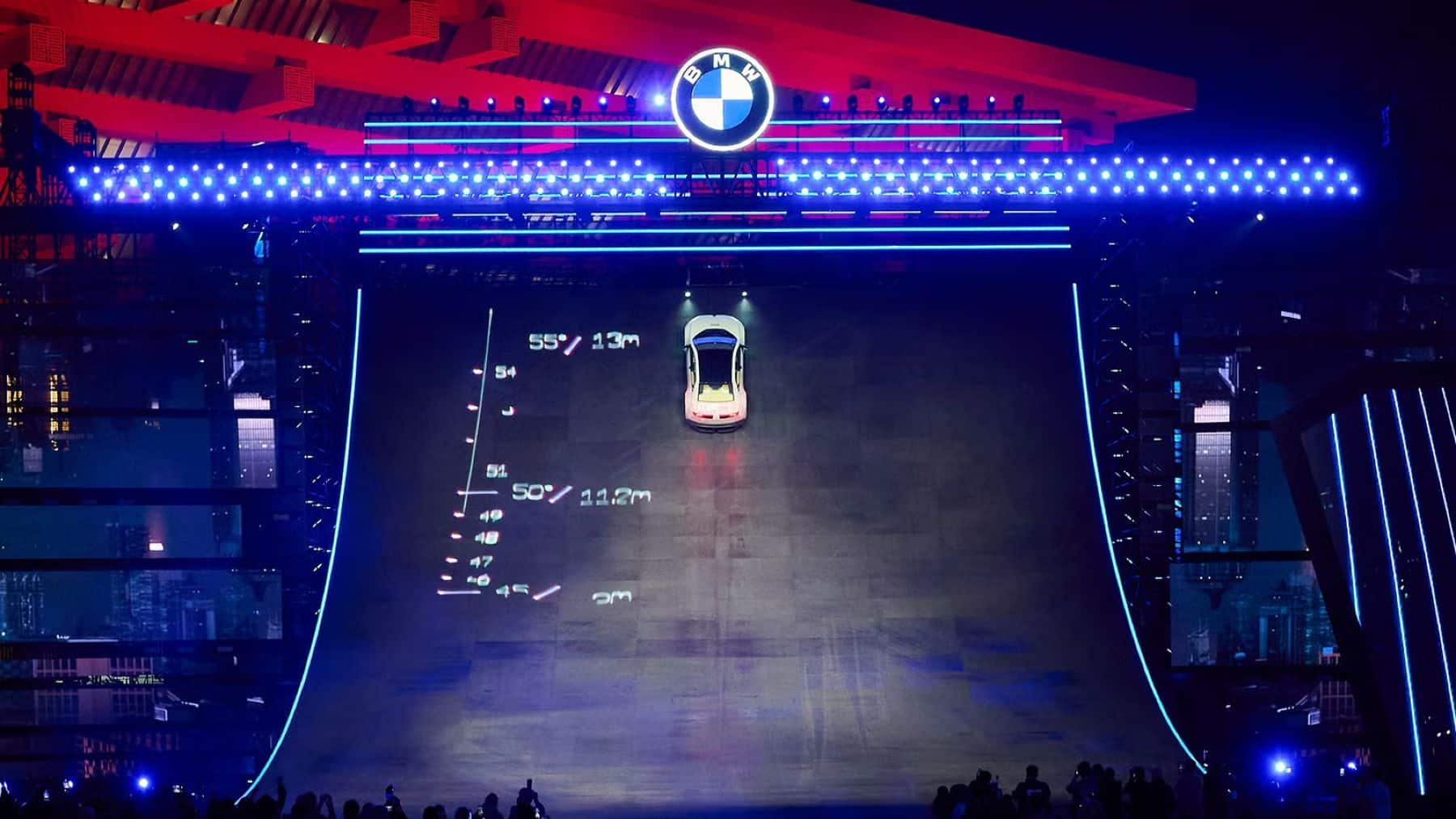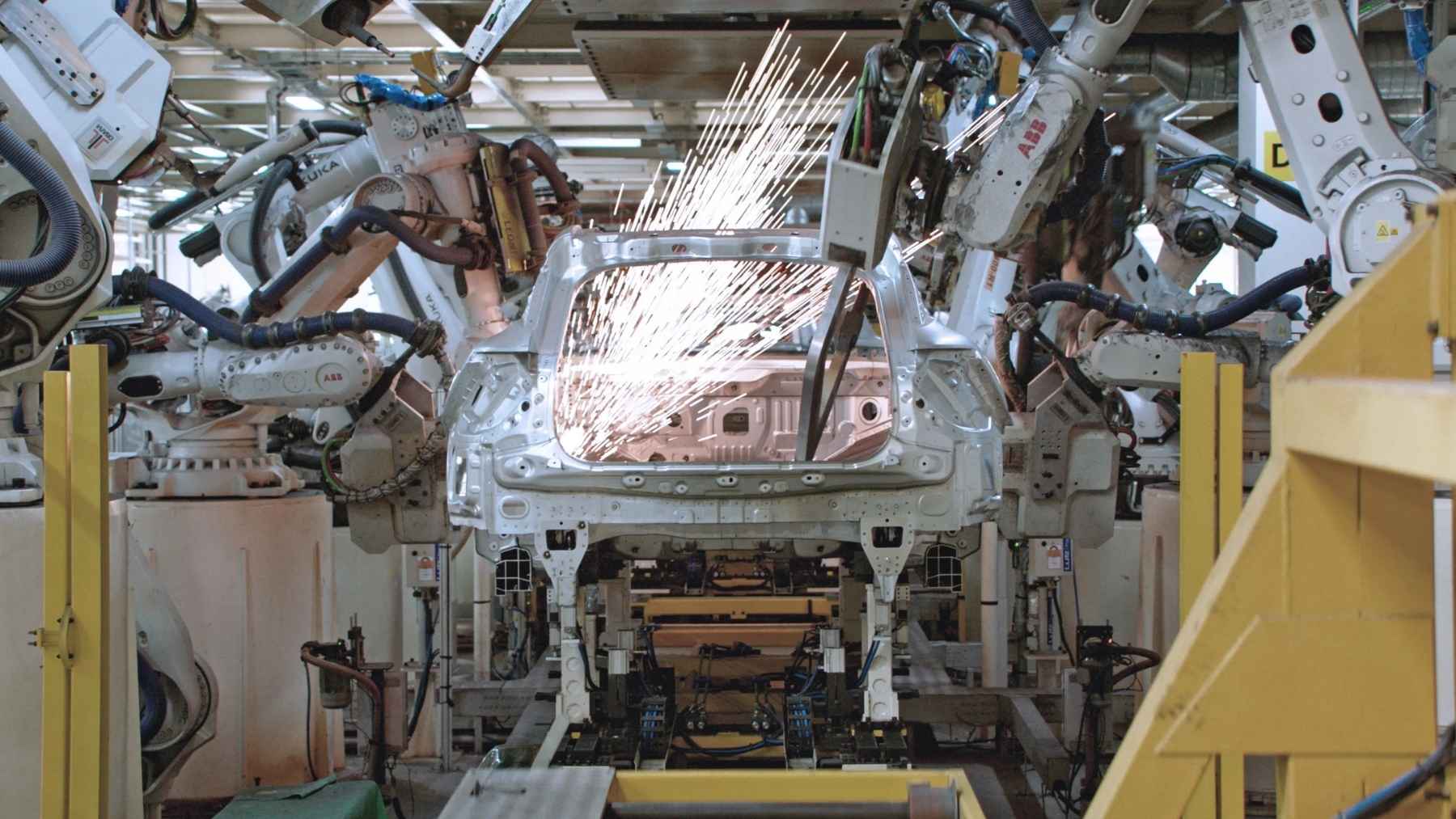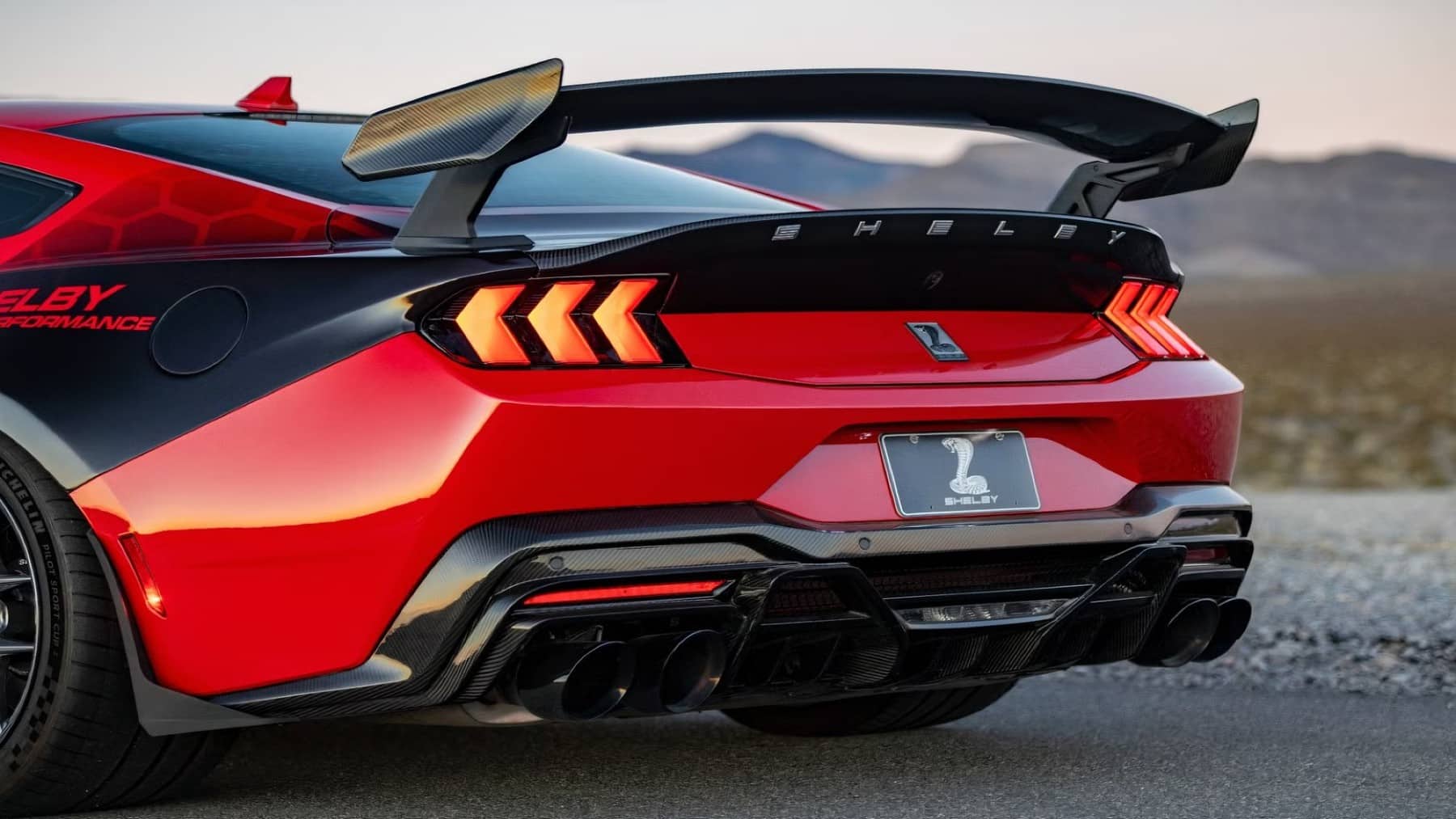BMW has just announced that they are halting production of one of the most anticipated prototypes by the German company. Innovation in the automobile world has reached an all-time high in the past decade alone. Each year, new vehicle models that are faster, more efficient, and technologically advanced are released, not to mention the increase in variety of alternative engine solutions. With the world racing to meet critical carbon-neutrality goals, automobile companies are releasing a variety of new prototypes to experiment with different fuel types.
BMW continues to push boundaries with its vehicles
BMW is one of the most well-established automobile developers in the world, known for its premium and luxury vehicles and motorcycles. Additionally, the company has continued to develop its alternative engine technology by strongly aligning itself with electric vehicle technology:
“The engine of the future will be powered by electricity. And the future starts here and now,” describes BMW on their website, “this electric future offers tremendous opportunities for a greener and more sustainable society.”
To date, BMW’s flagship electric vehicle is the BMW iX, a luxury electric sports activity vehicle (SAV). BMW is not the only developer that has placed its bets on electric engine solutions as the way forward towards a more sustainable world, with the majority of automobile developers embracing this technology as the best alternative solution the passenger vehicle industry should be turning towards as a means to reach carbon neutrality.
On top of being sustainably focused, electric vehicles have also come to be synonymous with futuristic and advanced technology among automobile developers. In order to remain competitive, nearly all major automobile companies have developed an electric model, and these models often include technologically savvy components and unique designs, all intended to signal to consumers the advanced capabilities of internal automobile engineering teams and highlight that they are continuously looking to develop their vehicles for the modern consumer needs.
This prototype has been put on hold by the German automobile developer
While BMW has been continuously looking to evolve its electric vehicle offerings, the company recently announced that it would not be looking towards major development for an electric motorcycle any time soon. This decision was announced due to the perceived lack of interest BMW has noted among its consumers for such a development. However, the company may be developing a sub-1000cc sportbike:
“You can look forward to seeing something smaller than the 1000 cc [S 1000 RR]. But it’s a bit too early to talk about it,” said BMW Motorrad CEO Markus Flasch to Common Tread.
Despite the lack of developments for an electric motorcycle, BMW continues to develop its electric scooter offerings. Additionally, the company is also looking to expand its alternative engine developments by developing a hydrogen fuel-cell vehicle prototype in partnership with Japanese automobile developer Toyota, with plans to reportedly have the vehicle completed by 2028.
Other vehicle prototype developments continue to emerge
Beyond new alternative engine developments from BMW and other vehicle developers, autonomous vehicle technologies are fast becoming the new focus of the automobile world, with the reality of a driverless world coming closer than we may anticipate. Key entities in this field are both Tesla and BYD, both of which have been competing for dominance in the global electric vehicle industry.
Currently, level four self-driving autonomous vehicles are being piloted by Tesla in Austin, Texas. The pilot project is intended to get the company’s ‘Roboitaxi’ program off the ground, a ride-hailing system developed by Tesla, which, if successful, will not require a driver. Joining Tesla are Waymo and Amazon, who have also been underway with their own autonomous driving projects in Austin. However, these companies will still face ethical and regulatory challenges before these vehicles for use.
Disclaimer: Our coverage of events affecting companies is purely informative and descriptive. Under no circumstances does it seek to promote an opinion or create a trend, nor can it be taken as investment advice or a recommendation of any kind.














